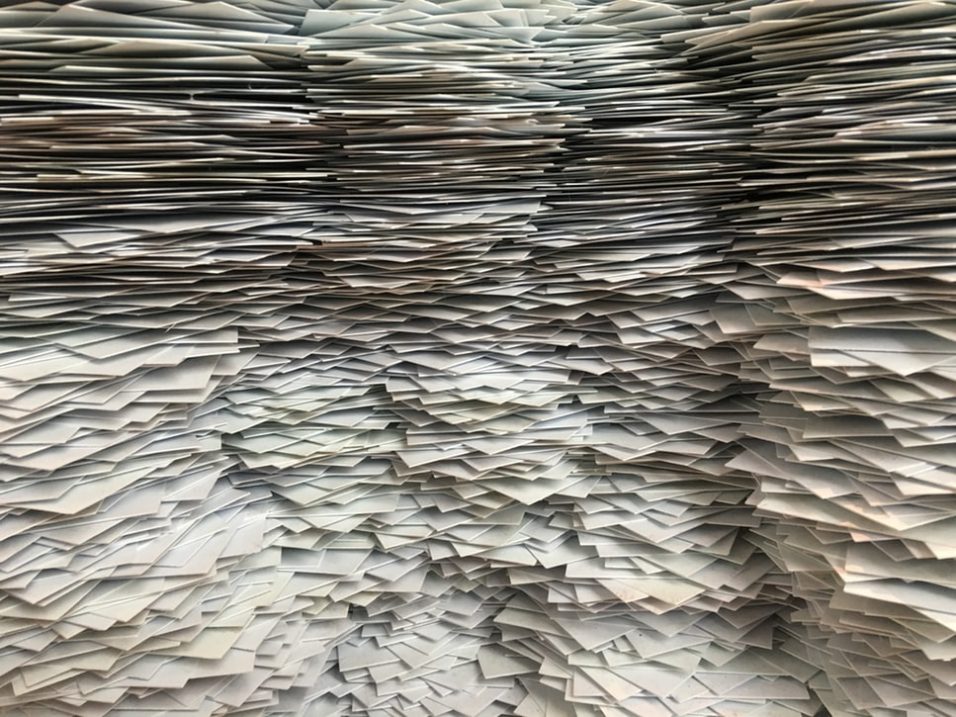I recently discussed my strange wish to do nothing to celebrate my birthday, and I mentioned that my wife, The Duchess does not share my feelings. For The Duchess, birthdays are opportunities to spit in death’s eye and do all the things.
Naturally, since we are legally married, this means I must also do all the things, although I have contractual carve-outs that allow me to do so with incredibly poor grace and passive aggression, escalating steadily until I finally go too far and have to spend several weeks cleaning up my mess.
For her most recent birthday, The Duchess wished to do some serious hiking, which has been a sore point between us ever since I claimed to love hiking when we were first dating. This was a lie, as I remain scarred by several hikes I engaged in as a Cub and Boy Scout in my misspent youth, one in which I was almost led to my death and one which seemed to go on for so long I longed to just sit down and let the elements wash me away.
So, birthday hiking wasn’t exactly exciting. I had no idea what I was in for, however.
You Mean Leave the House?
What friends I have left, and there ain’t many, remark on the fact that getting me to do just about anything that separates me from my whiskey collection and forces me to put on pants is as close to impossible as anything in this universe. I mocked for this as part of a complex web of mockery that has grown to encompass just about every aspect of my life, but I can’t argue the point, because I do hate going places. And doing things. And talking to people.
Contrary to popular belief, this isn’t because I hate people, or at least not solely because of that. It’s because I’d rather be writing, or working on some other project.
I’ve never understood folks who want to write novels or paint pictures or what have you who don’t want to do those things all the damn time. I mean, not literally all the damn time, because we all need to take a moment to enjoy a nice single malt or an episode of Watchmen or read a good book or something, but generally speaking that’s my default setting, and activities that take me out of the house usually mean I can’t work, which makes me sad.
Of course, this kind of obsessive attitude leads to grinding, the joyless mashing of keyboards with no inspiration behind it, which isn’t very healthy. Being forced to go out sometimes is good for me. It gets me out of my head, forces me to experience real life, and lets my brain do some background work on whatever I’m writing. Long story short, I piss and moan about having shit to do, but it improves my writing so I should shut up and enjoy life.
So, we went hiking.
Death Hike Part Tres
I’ve written before about the times The Duchess has attempted to murder me via hiking (see here and here). This time we headed to upstate New York and the Catskills for a few days filled with some shopping, lots of eating, and, as I learned on our way there, an apparently infinite amount of hiking. We spent the first day there gathering intelligence by asking locals about hikes we could do.
If you know The Duchess, you know that the easiest way to get her to do something is to imply or state that she can’t do it. So the moment one very helpful guy in a bookstore suggested that walking to this one hike and then doing the hike on top of the walk there and back was way too much for mere mortals, I was doomed. The next morning we ate a hearty breakfast and then began walking … to the trailhead. Where we would walk more.
Was it all more or less uphill? It sure fucking was. Did I contemplate my existence several times along the way? I sure fucking did.
I also had fun, mainly because of that sense you get sometimes (more often, in my experience, when you’re young) of going against society’s rules and rubbing people the wrong way. Every time a car passed us and the driver gave us a look that translated to hey look at those weirdos I felt like a revolutionary, or a hipster, neither of which I’ve ever been but fuck it, roleplay can be fun.
And I thought about writing.
That’s the thing about writing, isn’t it? Writing is just 10% the actual words on screen or paper. The rest is thinking, and reading, and researching, and talking to yourself, and drinking heavily, and watching TV, and going to museums, and listening to new music, and, yes, fuckit, hiking. That’s writing.
Sure, I was sweaty and my feet hurt, and there was a soul-breaking moment when we’d been walking uphill for hours and discovered we had several hours to go, but I also had some good thoughts on the writing projects I was working on, and came home energized. And triumphant, because despite her plans The Duchess once again failed to kill me.
If there’s a lesson here, it’s probably something to do with good-quality shoes. If there’s a second lesson, it’s that writing happens all the time, no matter what you’re doing, so it’s okay to leave your house sometimes.
I said sometimes, dammit.

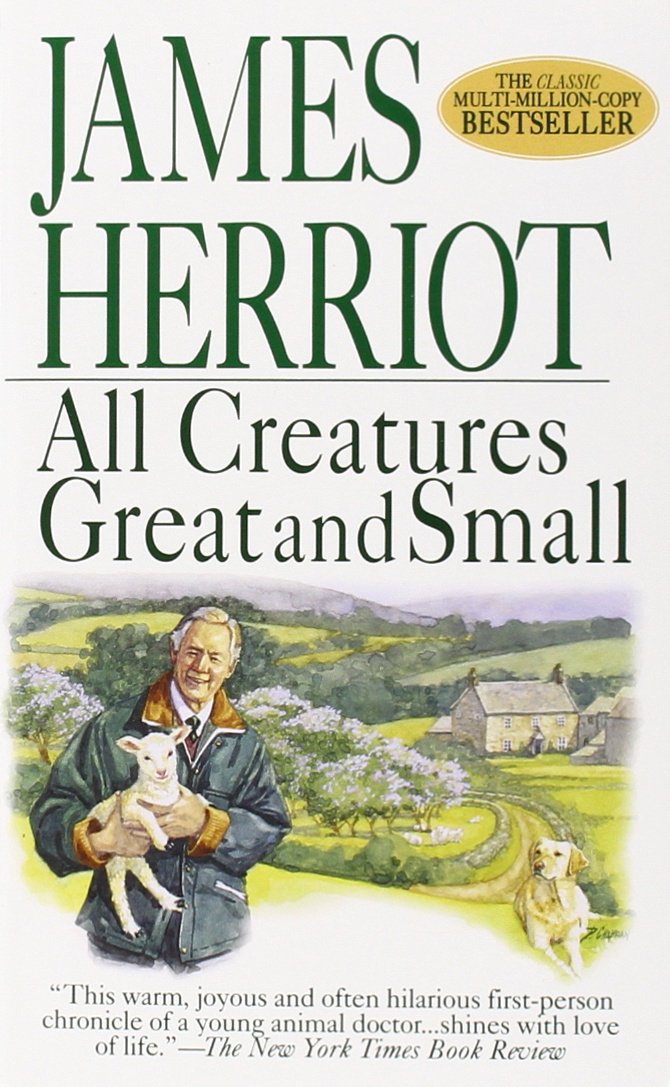



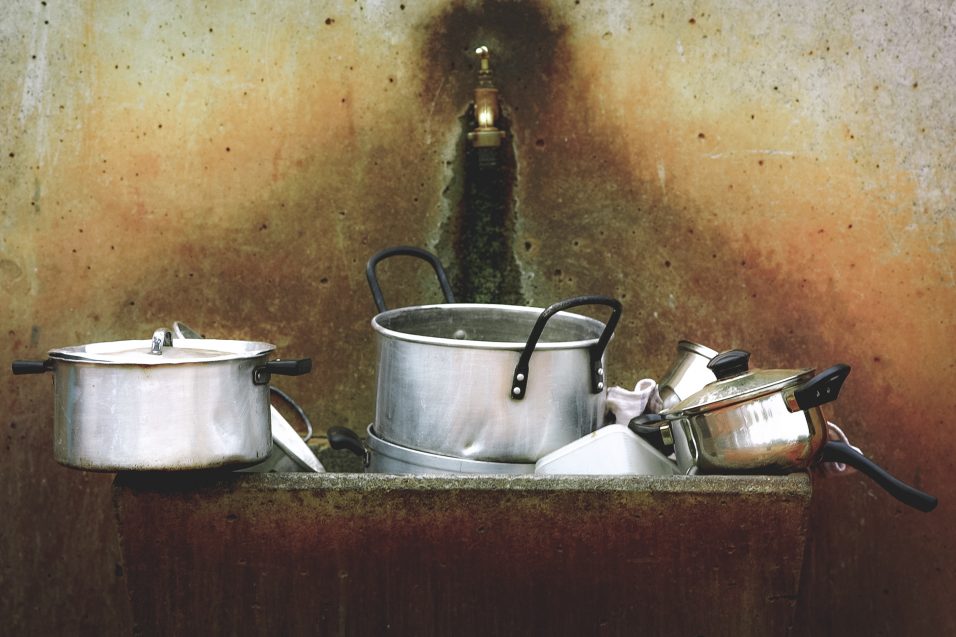
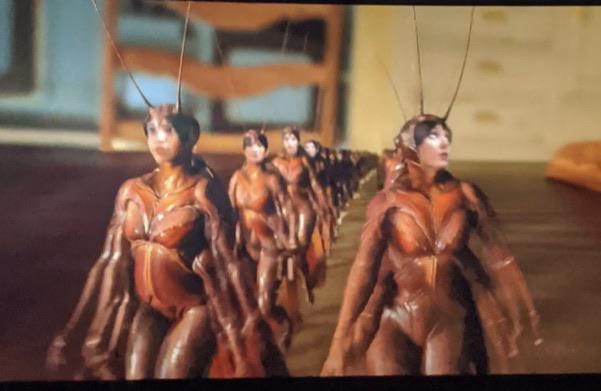
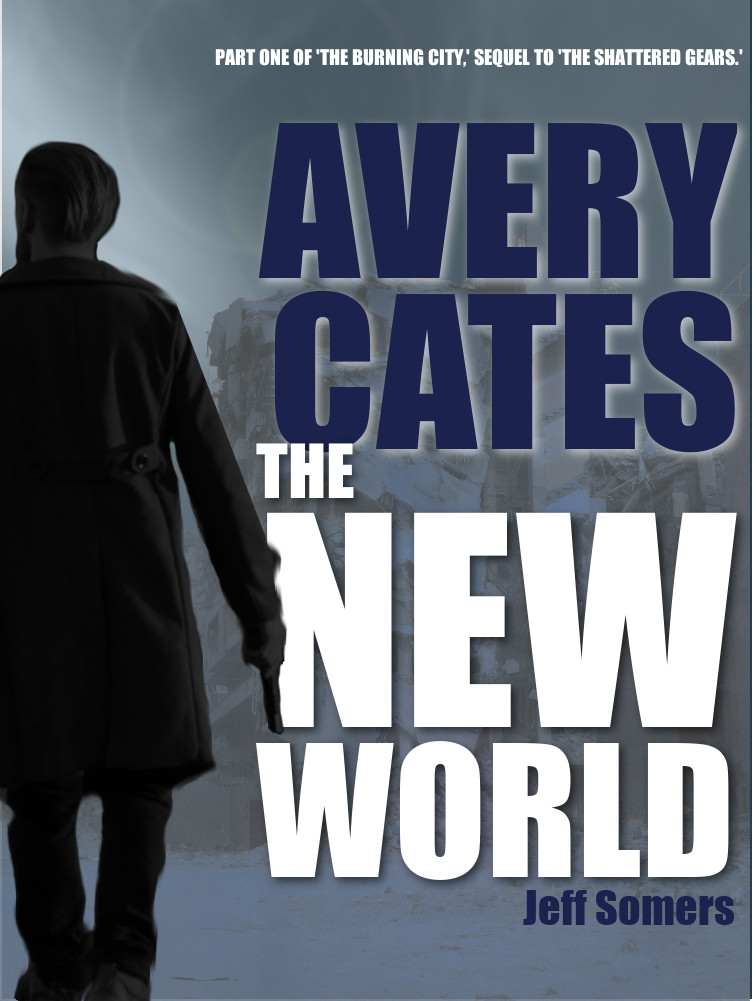 Fiction-wise, also not bad. I finished 11 of my monthly short stories, so far (and trust that I will finish #12 in a few days even if I have to kill all the characters in a plane crash). I also finished 4 other stories outside of that monthly exercise. I didn’t complete any novels this year, but I’m 50k words into one and 40k words into a short-story cycle, so I wasn’t napping. I also finished and completed 50k words worth of novella-length parts of the new Avery Cates novel The Burning City and
Fiction-wise, also not bad. I finished 11 of my monthly short stories, so far (and trust that I will finish #12 in a few days even if I have to kill all the characters in a plane crash). I also finished 4 other stories outside of that monthly exercise. I didn’t complete any novels this year, but I’m 50k words into one and 40k words into a short-story cycle, so I wasn’t napping. I also finished and completed 50k words worth of novella-length parts of the new Avery Cates novel The Burning City and 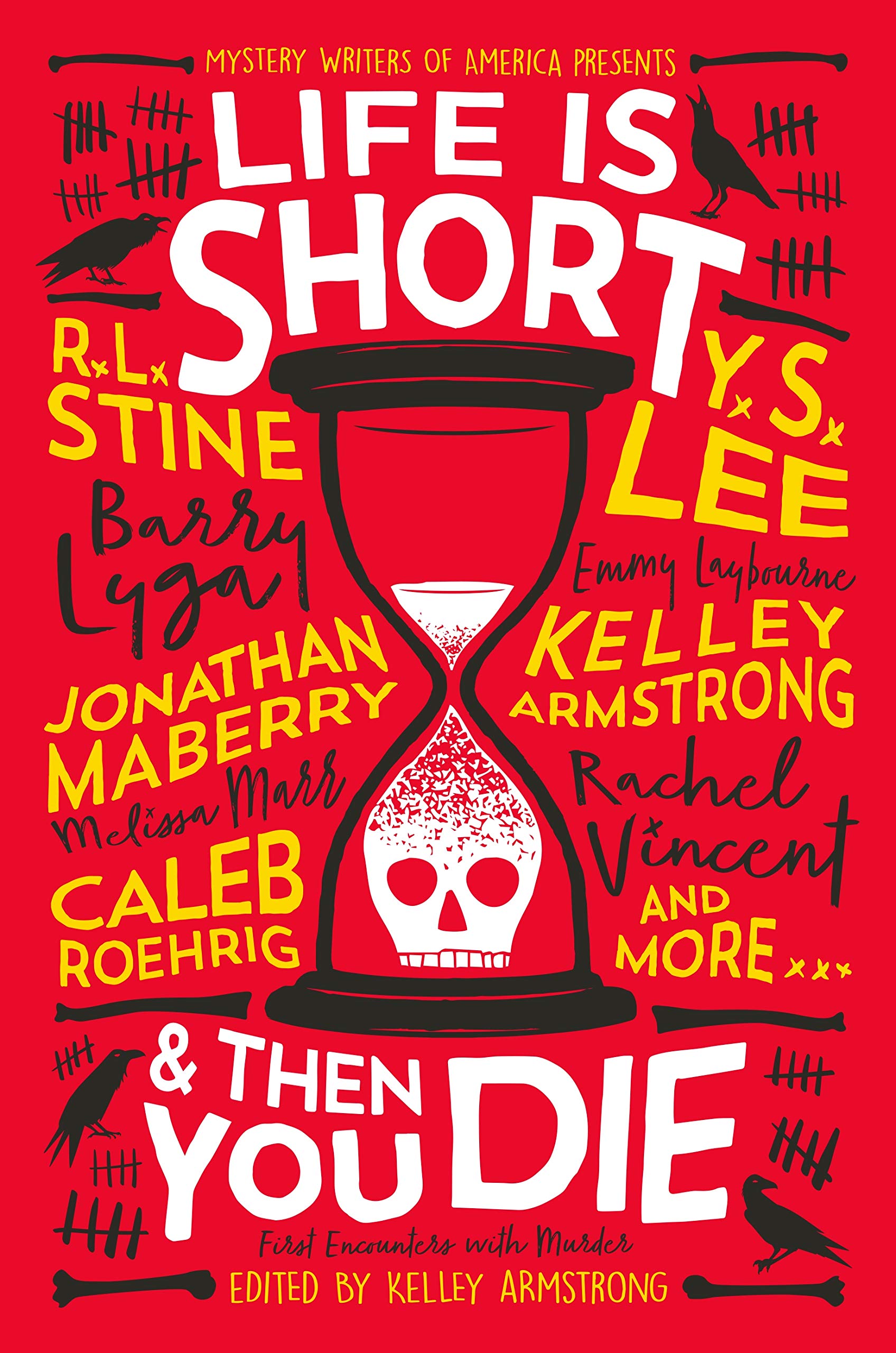 I submitted a ton of stories (74, to be exact; note this doesn’t mean 74 separate stories, but 74 submissions of a few stories I currently think are great), as usual, and sold three of them, of which two have published: The Company I Keep in
I submitted a ton of stories (74, to be exact; note this doesn’t mean 74 separate stories, but 74 submissions of a few stories I currently think are great), as usual, and sold three of them, of which two have published: The Company I Keep in 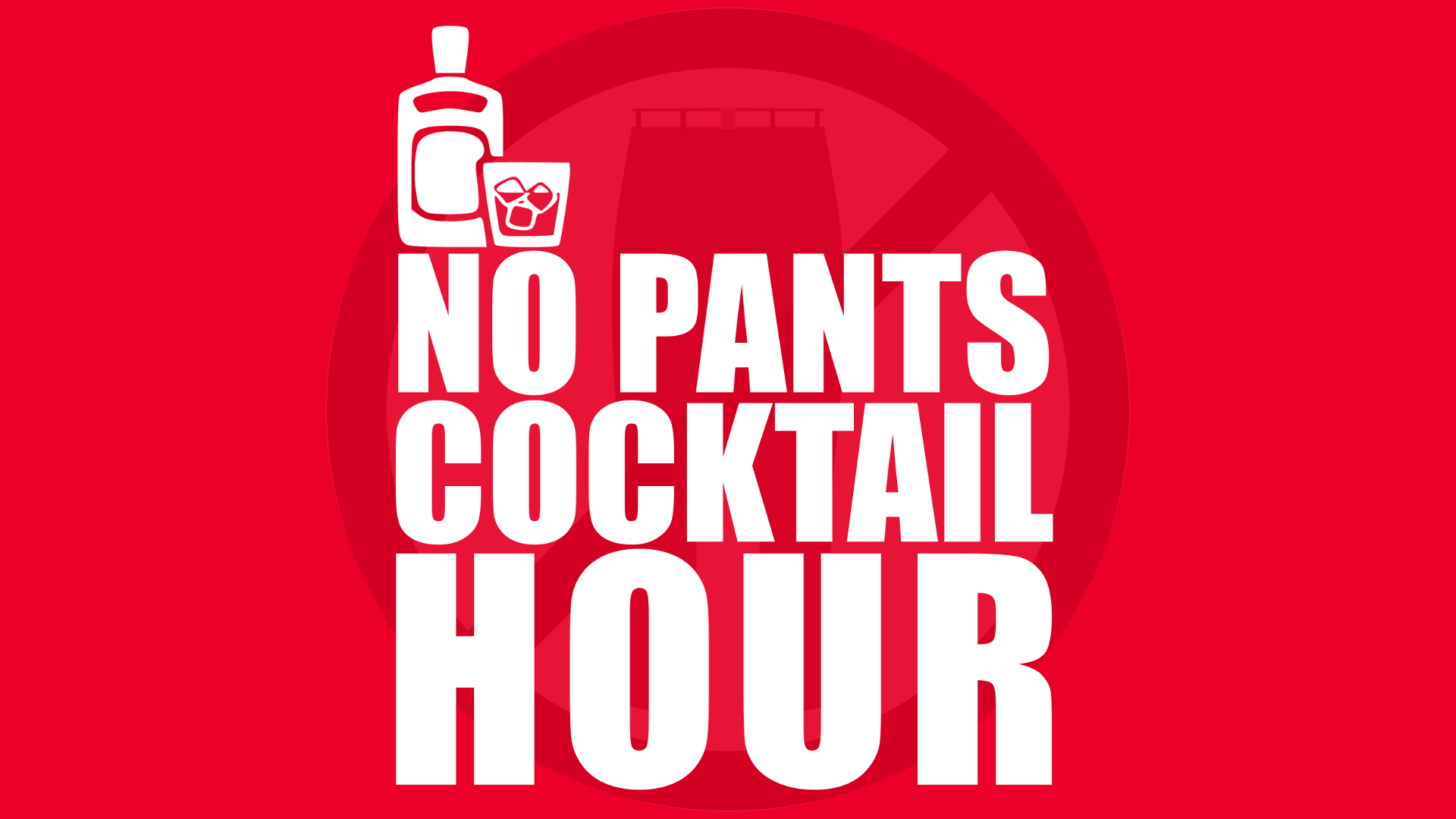 And I started a podcast, like everyone else in this sadly imitative world.
And I started a podcast, like everyone else in this sadly imitative world. 
